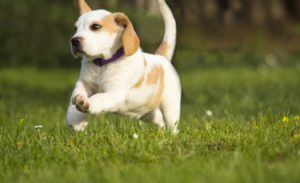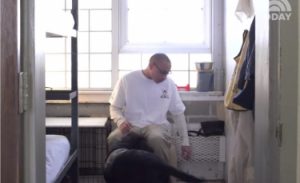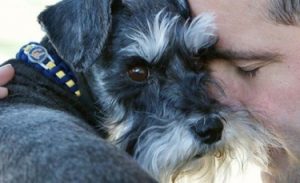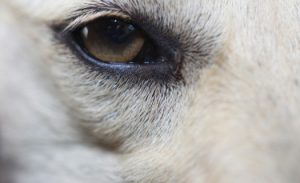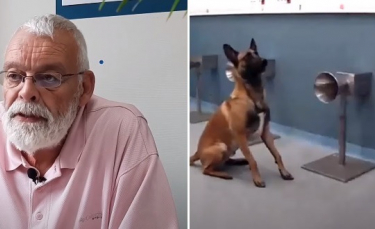 National Veterinary School of Alfort – EnvA / YouTube
National Veterinary School of Alfort – EnvA / YouTube
The Alfort veterinary school unveiled the latest results of the study on the Nosaïs program on Wednesday. Detection of Covid-19 by dogs offers 97% reliability. Figures that exceed the expectations of Dr Grandjean and his team.
The level of effectiveness of the dogs trained for the detection of the virus responsible for Covid-19 exceeds the expectations of the scientists who lead the project. The latest results of the study are, in fact, more than convincing, as announced by Prof. Dominique Grandjean in an interview published this Wednesday, May 19 on the YouTube channel and the Facebook page of the Maisons-Alfort veterinary school. .
Teacher-researcher at EnvA , the one who has been at the head of the Nosaïs-Covid19 program for more than a year, is pleased with the performances achieved by these canines.
Conclusions obtained thanks to a large-scale study, carried out in collaboration with the AP-HP (Assistance publique Hospitals of Paris), with the support of the Île-de-France region and the Île-de-France Regional Health Agency. de-France, and under the supervision of the Ministry of Agriculture. It had been carried out over a period of almost a month and with the participation of 335 people who were tested.
Of these, 109 were positive according to the reference test (RT-PCR). The canine olfactory test resulted in a sensitivity of 97% and a specificity of 91%. It should be remembered that the sensitivity is determined on patients recognized as sick thanks to the reference test (RT-PCR in this case), while the specificity is determined on patients recognized as not sick.
Huge potential for the medical detection dog
“ A real pride ” for Pr Grandjean , who however specifies that there is still a lot of work to be done and that the project opens up new horizons. The team continues to work on the detection of new variants; Nosai dogs are already able to tag the British, South African and Brazilian ones, and will likely be able to do the same with the much feared Indian variant. Efforts are being made in this direction.
Among the next steps in the program is also the switch to detection on masks worn by people, but also directly on them. We can thus consider the olfactory examination of canines on lines of people in frequented places: train stations, stations, airports, universities, events …
Also read: A foster mother cries for 4 days at the idea of parting with a dog, but her life changes forever when she tries to call the adopter (video)
The future of the Nosaïs-Covid19 project therefore looks very encouraging. The World Health Organization believes in this very much and has been supporting it for several months. Beyond the virus that is currently raging in the world, the WHO and Prof. Grandjean’s team hope to expand the role of detection by dogs to other infectious or serious diseases. </p



